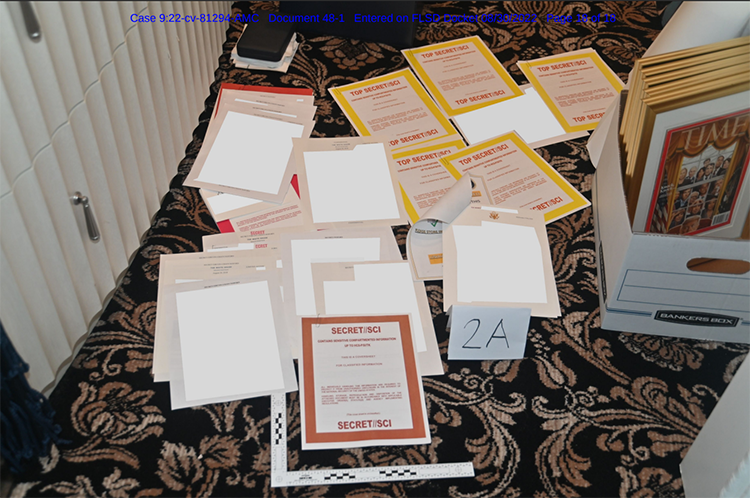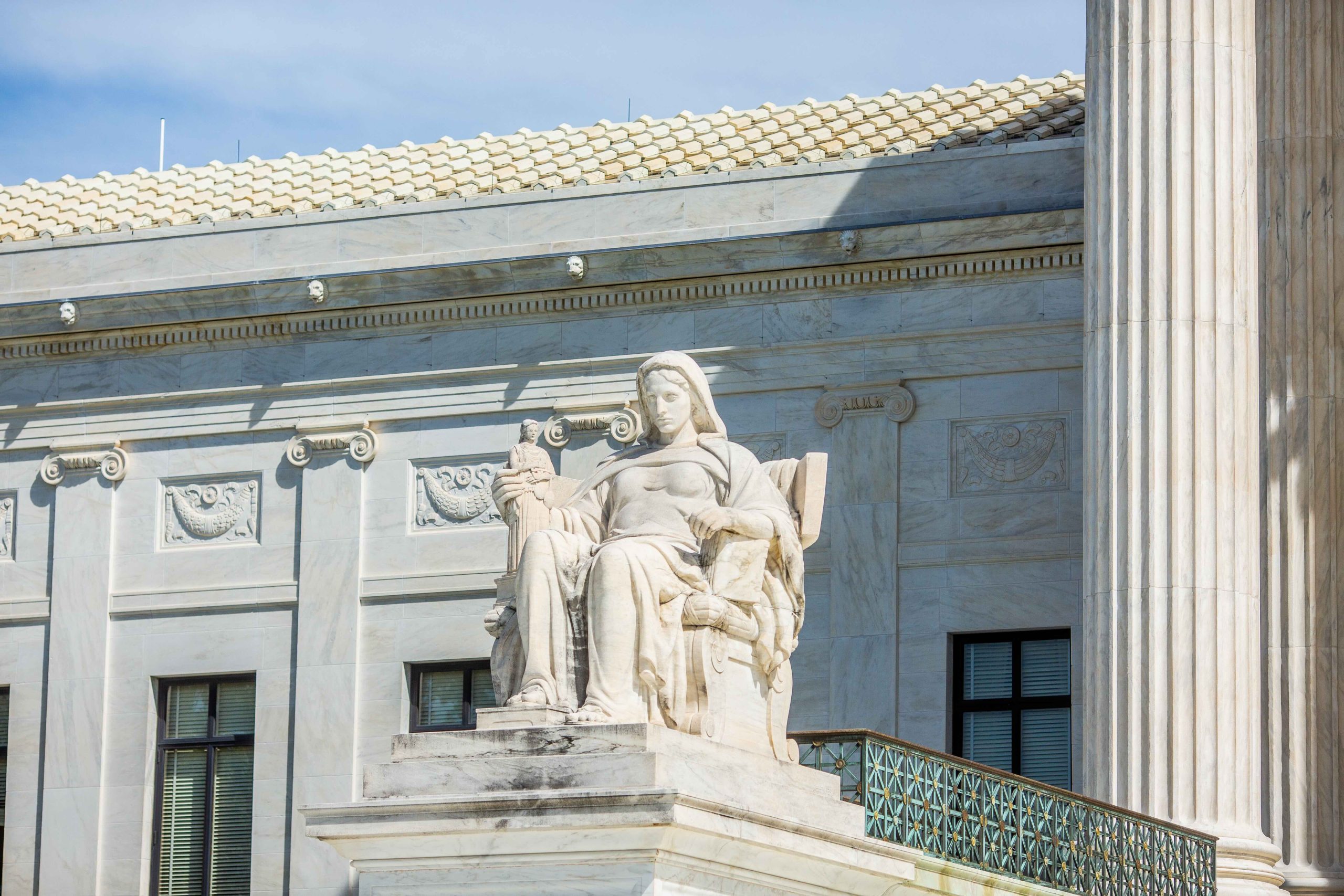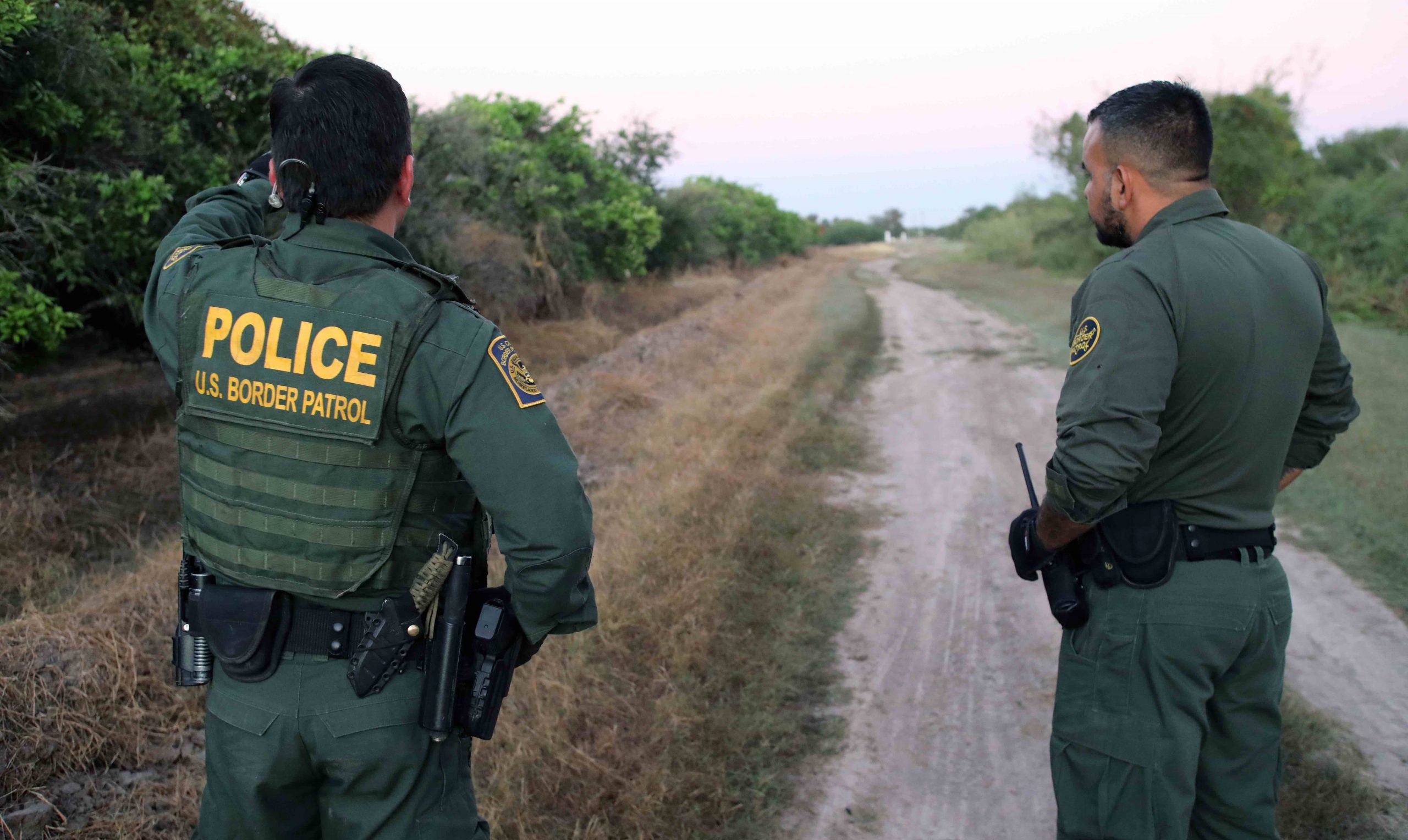Outspoken critic on Texas city council seeks to revive lawsuit over retaliatory arrest
Petitions of the week
on Jun 12, 2023
at 4:45 pm
The Petitions of the Week column highlights a selection of cert petitions recently filed in the Supreme Court. A list of all petitions we’re watching is available here.
Four years ago, the Supreme Court ruled in Nieves v. Bartlett that a plaintiff who alleges he was arrested in retaliation for speech protected by the First Amendment must show that police lacked probable cause to arrest him. However, the decision carved out an exception to deal with situations in which police may have probable cause to make an arrest but normally opt not to do so. In his opinion for the majority, Chief Justice John Roberts cited as an example of such an exception a vocal critic of police conduct who is arrested for jaywalking at an intersection where jaywalking is common. The “no probable cause” requirement would not apply, Roberts explained, if the critic could provide “objective evidence” that officers did not arrest similarly situated jaywalkers who kept their mouths shut. This week, we highlight cert petitions that ask the court to consider, among other things, how closely aligned evidence must be to satisfy that exception.
Sylvia Gonzalez rode to victory in her 2019 race for city council in Castle Hill, Texas, on a promise to unseat the allegedly corrupt city manager through a petition. A Castle Hill resident presented that petition, as promised, to Mayor Edward Trevino at Gonzalez’s first council meeting. After the meeting, Gonzalez gathered the papers around her and stored them in a binder. Before Gonzalez left the room, Trevino asked her for the petition – which, to her surprise, she found in her binder.
Trevino initially downplayed Gonzalez’s discovery of the petition in her binder, remarking that she had “probably picked it up by mistake.” But soon after, Trevino instructed the city’s chief of police to investigate Gonzalez. After a two-month investigation, she was arrested for violating a Texas law that prohibits “intentionally destroy[ing], conceal[ing], remov[ing], or otherwise impair[ing] … a government record.” The district attorney quickly dropped the charges, but not before Gonzalez, who at the time was 72, had been processed and spent the day in jail. With her mugshot released to the local media, Gonzalez gave in and ultimately resigned from the city council.
Gonzalez sued Trevino, the police chief, and the special detective appointed to lead the investigation. Pointing to affidavit statements listing her stance against the city manager as the justification for a warrant, she argued that she was arrested in retaliation for conduct protected by her First Amendment rights to freedom of speech and petition.
Gonzalez did not dispute that police had probable cause to arrest her. Rather, she argued that she qualified for the exception outlined in Nieves by presenting data of indictments under the Texas tampering statute over the past decade. Virtually all of those indictments were for forging government IDs or tampering with financial records; none, Gonzalez explained, were “for conduct remotely like hers.”
A federal district court allowed her lawsuit to go forward, but the U.S. Court of Appeals for the 5th Circuit reversed. Roberts wrote in Nieves that, to qualify for the exception, a plaintiff must “present[] objective evidence that he was arrested when otherwise similarly situated individuals not engaged in the same sort of protected speech had not been.” Gonzalez’s evidence, the 5th Circuit explained, fell short of that standard. The court ruled that she could not sue for retaliatory arrest in the face of probable cause without showing that another person in Texas also misplaced a document at a government meeting yet was not arrested under the tampering statute because she did not outspokenly critize a public official.
In Gonzalez v. Trevino, Gonzalez asks the justices to grant review and reverse the 5th Circuit’s ruling. In dissent from that ruling, Judge Andrew Oldham wrote, “there’s zero difficulty or complexity in figuring out whether it was animus or [Gonzalez’s] purportedly criminal conduct that caused her arrest.” Gonzalez agrees, and argues that this illustrates “[t]he problem with” the majority’s reading of Nieves: “[C]ourts are blinded to other objective evidence of retaliatory intent, even if it helps to isolate the improper motive.”
A list of this week’s featured petitions is below:
Verdun v. City of San Diego, California
22-943
Issue: Whether the City of San Diego’s practice of tire-chalking — where parking officers draw a chalk mark on the tire of every car in a particular location, for purposes of tracking the car’s movement — falls outside the administrative-search exception to the warrant requirement for searches under the Fourth Amendment.
Gonzalez v. Trevino
22-1025
Issues: (1) Whether the probable-cause exception in Nieves v. Barlett can be satisfied by objective evidence other than specific examples of arrests that never happened; and (2) whether the Nieves exception is limited to individual claims against arresting officers for split-second arrests.
Sheetz v. City of El Dorado, California
22-1074
Issue: Whether a building-permit exaction is exempt from the unconstitutional-conditions doctrine as applied in Nollan v. California Coastal Commission and Dolan v. City of Tigard, Oregon simply because it is authorized by legislation.
Truck Insurance Exchange v. Kaiser Gypsum Company, Inc.
22-1079
Issue: Whether an insurer with financial responsibility for a bankruptcy claim is a “party in interest” that may object to a plan of reorganization under Chapter 11 of the Bankruptcy Code.
Chandler v. Foresight Coal Sales, LLC
22-1083
Issues: (1) Whether a state law discriminates against interstate commerce in practical effect when there has been no showing of any burden on interstate commerce beyond a de minimis one; (2) whether a discriminates against interstate commerce when it only offsets a state-imposed disadvantage, does so equally for all states imposing that disadvantage, and does not affect any out-of-state business’ earned or natural advantage; and (3) whether discriminatory purpose matters in determining whether a law violates the dormant commerce clause.






